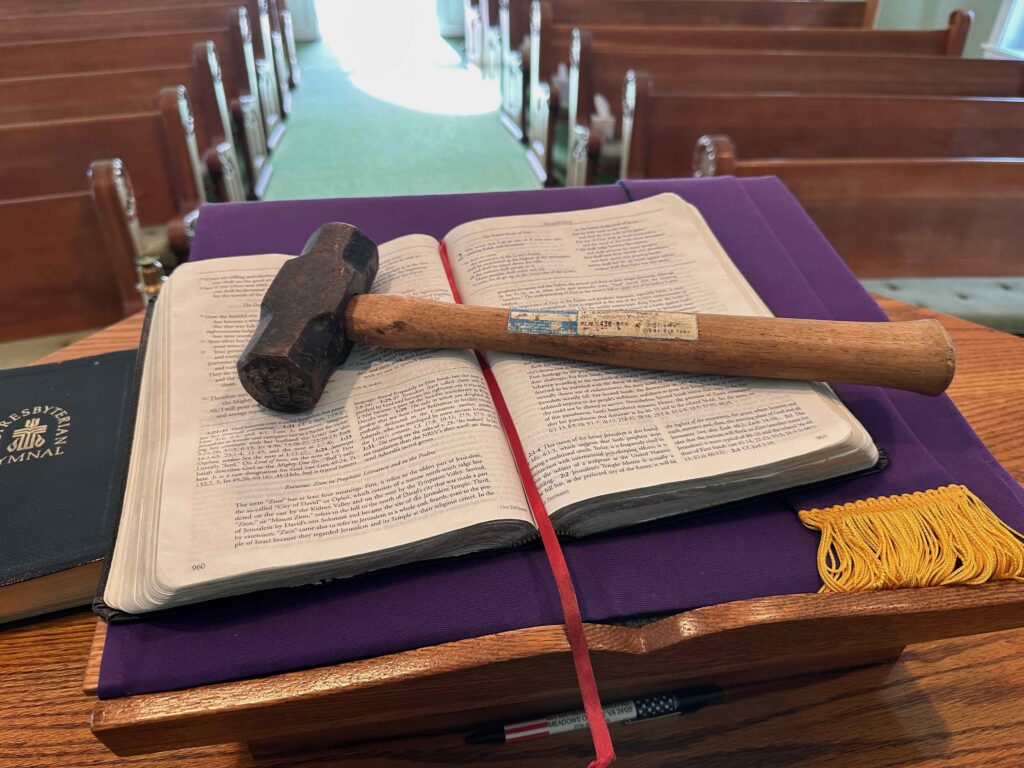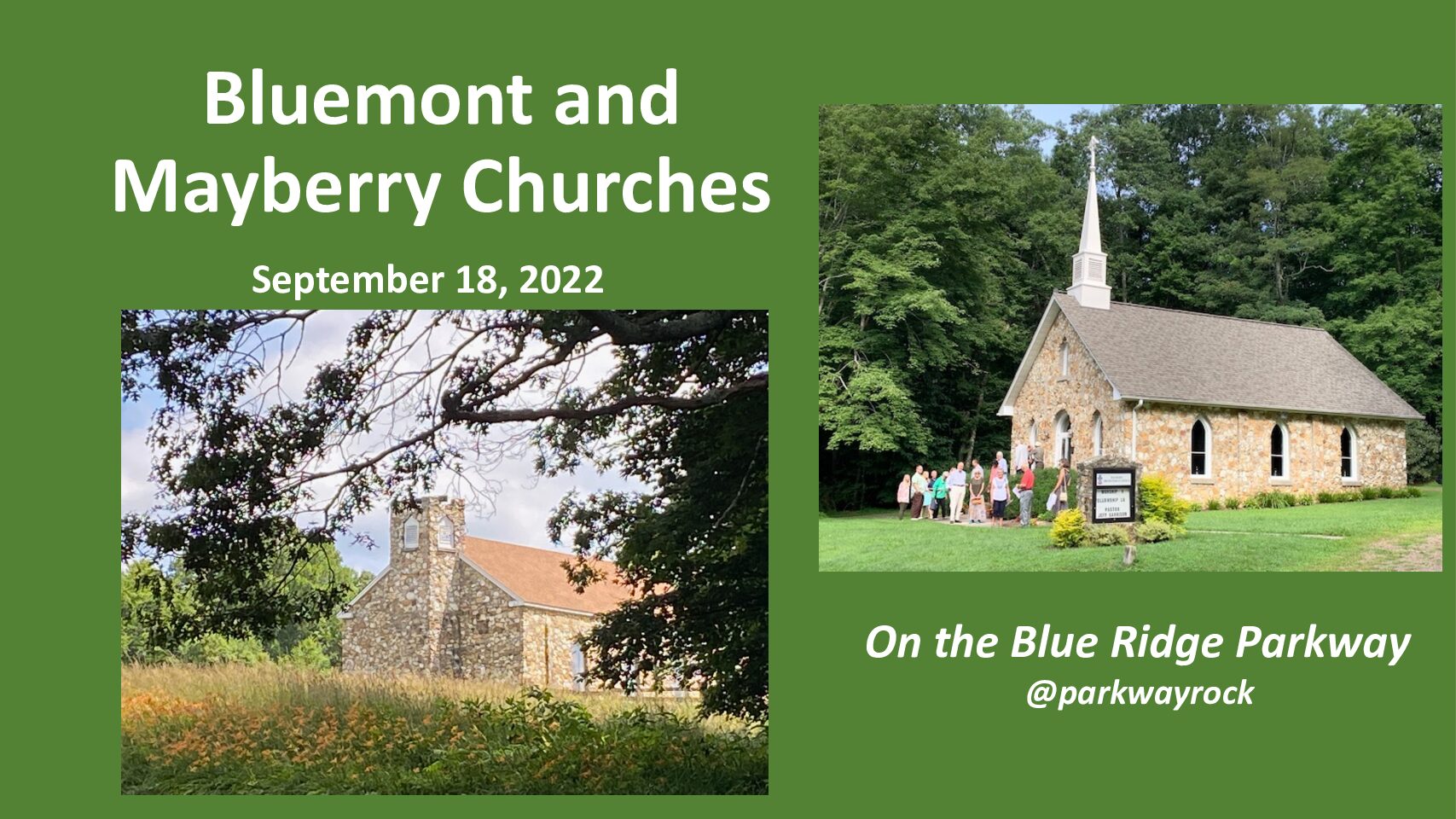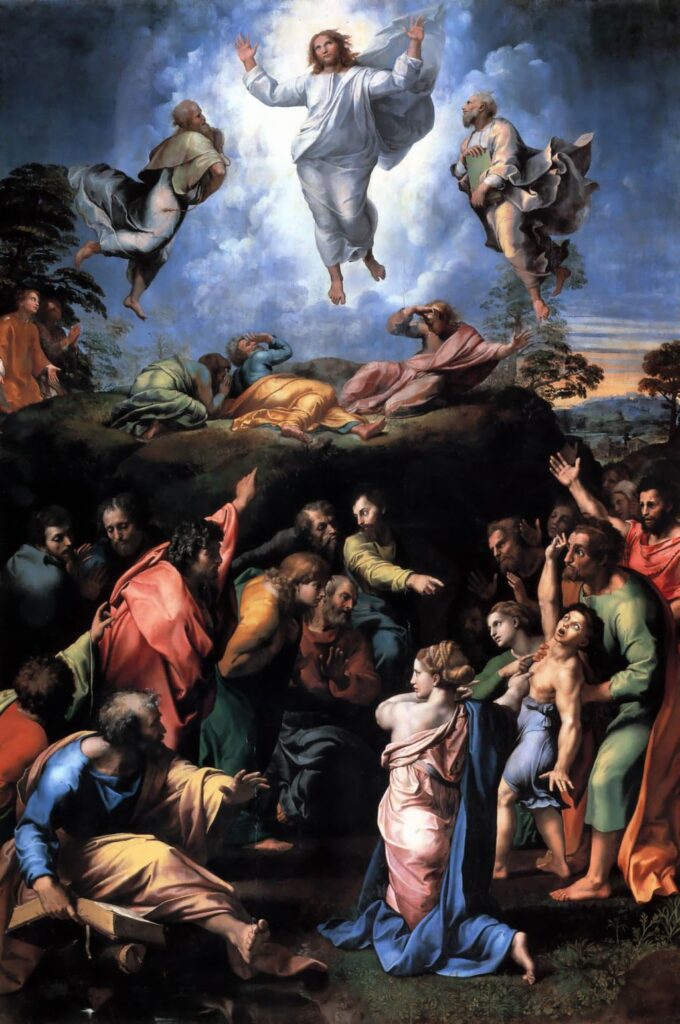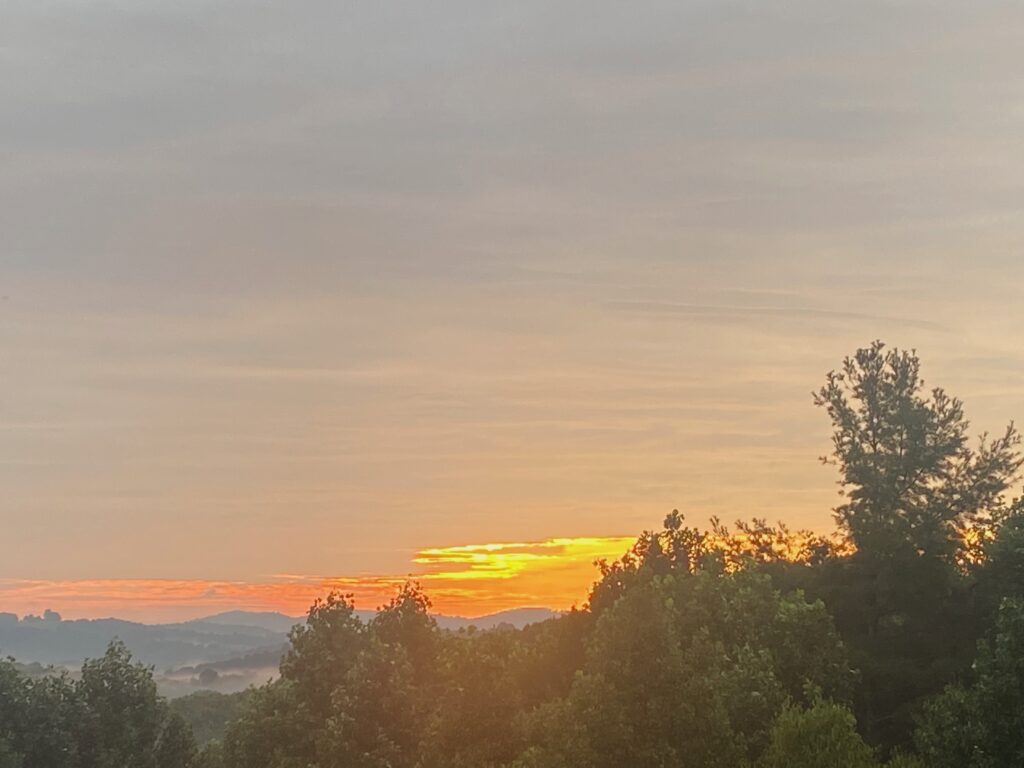Jeff Garrison
Bluemont and Mayberry Churches
November 27, 2022
Isaiah 2:1-5
At the beginning of worship:
I started reading Fleming Rutledge’s book, Advent: The Once & Future Coming of Jesus Christ a few weeks ago. In one of her essays, she mentioned how she experienced Advent as a child. Rutledge is an Episcopalian, and they have a much stronger Advent tradition than most Protestants. But her childhood experience struck home with me because I’m old enough to remember when they first introduced an Advent wreath in the Presbyterian Church we attended.
This happened in the late 60s or maybe 1970 or 71. It was before I entered high school. We even had a workshop to make Advent wreaths for our homes. We would read a devotion and light candles before dinner. The problem with those wreaths is that the candles were so small, they became a fire hazard well before Christmas.
Advent: life before Jesus
But what struck me about the Advent of childhood, as I and Rutledge experienced, is that we were encouraged to think of the world without Jesus. We were to imagine living in the first century before the common era and contemplate what it would have been like to have no hope because Jesus had yet to come. This makes Advent void of Jesus.
But Advent is about Jesus. Jesus, who descends from God, who was there at the beginning of creation.[1] Advent is also about God’s intention for the world as we look to Jesus’ return. As Rutledge writes, “Advent faces into death and looks beyond it to the coming judgment of God upon all that deceives, twists, undermines, pollutes, contaminates, and kills his beloved creation. There can be no community of the resurrection without the conquest of death and the consummation of the kingdom of God. In those assurances lies the hope of the world.”[2]
Before the reading of scripture:
This season of Advent, I’ll focus on readings of hope from the prophet Isaiah. As a prophet, Isaiah speaks of judgment, but also of hope. His judgment passages seem to go on and on but mixed in are bits of hope. Our passage this morning from the second chapter is wedged in the middle of Isaiah’s opening oracle of judgment.
The first three chapters of Isaiah deals rather harshly with God’s chosen people. They have rebelled against God. Zion is to be desolate and trampled on by foreigners. Judah and Jerusalem will suffer because of their arrogance. They have ignored their covenant with God. Judgment is at hand. But amid these oracles of judgment, we also get a glimpse of hope. God is doing something new. And for that, we can rejoice.
Read Isaiah 2:1-5
Have you ever wondered what heaven will be like? I am sure most of you have, but what kind of vision do you have for heaven?
Is our heaven hopes like Bunyan’s?
Last week, I wove into my last sermon on the Lord’s Prayer pieces from John Bunyan’s classic, Pilgrim’s Progress. When Christian crosses over the river at the end of his pilgrimage (the river representing death), he’s met on the opposite bank by messengers who lead him up to gate of the Celestial City. There, people wear crowns and fancy gowns. Inside the city, the streets are paved with gold. Everyone sings praises to God and rejoice in his arrival.
Perhaps something like this is your idea of heaven? But I’m not sure. I’m too much like Mark Twain. He wondered why, if heaven was just singing hymns, anyone would want to go there. Especially someone who couldn’t stay away in church on earth, why would they want to be involved in an eternal hymn-sing.[3]
Isaiah’s vision of the life to come
Isaiah, in the middle of prophecy of judgment, gives us a different vision of the future. This is a vision of Zion, and one that I can buy into, a vision of peace. From Isaiah we have those comforting passages about the lions and lambs and wolves napping together,[4] along with this passage where instruments of war are transformed to tools of peace. The world is restored to its original intention. We’re back in the Garden. This passage which focuses on Zion is my hope for the world to come.
Zion
Zion was a narrow ridge which contained the oldest part of Jerusalem. The name became attached to the city and to the hill upon which it sat. But in time, because of Jerusalem’s importance and the with the presence of the temple, Zion came to be understood more theologically than geographically. Zion is where God reigns.[5]
Our passage envisions the day when this will come to pass. The judgment promised in the chapter 1 and later in chapter 2 will have passed. The earth has been purified. Now that God has assumed his throne on Zion, it’s the highest mountain.
In a literal understanding, this doesn’t make sense. Zion wasn’t a tall mountain. It wasn’t even the highest mountain around, there are many much higher to the south. Jerusalem itself is at roughly 2500 feet in elevation, about the same as we are here. But in our scripture, Zion is the highest peak. Either there are some unique geological changes occurring, or more likely Zion seems the tallest peak because we’re dealing with theology and not geology.
Zion’s importance isn’t because of its physical height but because it is the Lord’s house. It draws people from all nations who desire to learn more about God’s ways. Zion becomes a center of learning, for out from it comes God’s word. Israel was to be the light to the nations.[6] Isaiah foresees Israel fulfilling this calling.
With-me
In verse 3, we see that in this new age of which the prophet envisions, the “With-me” principle works! Do you know the “with-me” principle? It was a concept taught by Stan Ott and Lee Zehmer at our “Centered and Soaring” event earlier this month. The with-me principle involves us, when doing something with or for the church, inviting another to join us. Come “with me,” we might say. In Isaiah, we learn that people invite others to go with them to the mountain of the Lord, to learn of God’s ways. I can’t think of a better reason to invite someone along then to learn about God. We learn together!
Or course, some of this has already happened. The disciples, after Jesus’ death and resurrection, headed out into the world with the Great Commission. Their marching orders was to make disciples and to baptize them and to teach what Jesus taught.[7]And they went two-by-two. Jesus showed them God’s ways. Jesus then calls his followers, promising to show us the way back home to the Father.[8] But showing the world the way home is just a part of what Isaiah envisions in chapter 2.
A message for the United Nations
In verse 4, we have a passage known beyond scripture. Even by those with little Biblical knowledge have heard about beating instruments of war into farming implements. You find these words chiseled into a wall across the street from the United Nations. Silently, as Fleming Rutledge images, it reads of beating swords into plows as it mocks nations that go to war.[9]
God’s view extends to the entire world
Looking at this passage, we see this is God’s kingdom. And God’s domain isn’t just for one nation, but the entire world. As judge, God settles disputes. There will be no more war or rebellion. God does this, but look carefully, God doesn’t do this all by Godself. God calls on us to participate. He hands us a heavy apron and calls us to become blacksmiths. How are you at swinging a hammer or heating up a forge? Ever see yourself working in a blacksmith’s shop? See, there’s going to be a need for more than choir members in heaven! For some of us, this is really good news.
Converting the tools of war to instruments of peace
Notice the text says that God’s judges while they (think we) beat the swords into plowshares. The tools of war are repurposed so that they become instruments of peace and prosperity. Swords become plows; spears refashioned into pruning hooks. As a friend suggested in a sermon: tanks become John Deere tractors, gun barrels are fashioned into posts to hold grapevines, while missile silos find a new life as wheat silos. And the Pentagon, what to do with it? It can be converted into the world’s largest Food Court.[10]
Today, as we continue to read about the war in Ukraine, along with other places in the world like Somalia and Ethiopia, wouldn’t a little peace be nice? War brings destruction and famine, which is not God’s intention for the world. War is a sign our sinfulness. God desires us to live in peace, but a peace that involves more than the absence of war. A peace based on justice (which is why God serves as judge). And this is also why God sent his son into the world, to be born in Bethlehem.
Bethlehem: The House of Bread
Did you know that Bethlehem means “the House of Bread.”[11]God desires the world’s abundance be used to feed everyone. And while war continues to exist in the present, there will come a time in which God will intervene. Peace will be established, and justice will reign. This is what we hope for when we pray, Come, Lord Jesus, Come. We long for the day when, instead of spending our resources on artillery shells, which only destroys, we invest in feeding and caring for people.
We’re always in Advent
You know, Advent isn’t just four Sundays before Christmas. In a way, the church exists in Advent. Ever since the first coming of Jesus, we long for his return to consummate God’s kingdom. Until then, we hope and pray for his return. As Paul teaches, communion, or the Lord’s Supper, celebrates Jesus’ return.[12]We strive to live in a gracious manner that shows the world kingdom values. And we share this hope with others, as we invite them to catch a glimpse of the vision the Bible gives us of the world to come.
Our hopes and fears…
As the Christmas Carol, “O Little Town of Bethlehem” reminds us, “Our hope and fears of all the years are met in thee (or Jesus).” Place your hope in Jesus. Yes, we live in a world of war and hate, but it’s not the way God intends. Imagine a world without war. Pray and do what you can to make this world a better place. Help create a small place where we can display Kingdom values. Invite others to also dream and vision a new future.
And perhaps we should all learn some blacksmithing, just to be ready for when Christ returns. Amen.
[1] John 1:1-3, 1 Corinthians 8:6, Colossians 1:15-17, & Hebrews 1:1-2.
[2] Fleming Rutledge, Advent: The Once & Future Coming of Jesus Christ (Grand Rapids: Eerdmans, 2018), 22.
[3] I think Mark Twain said this in his Letters from Earth, of which I no longer have a copy.
[4] Isaiah 11:6, 65:25
[5] See “Excursus: Zion in Prophetic Literature and the Psalms” in The New Interpreter’s Study Bible: New Revised Standard Version with the Apocrypha (Nashville: Abingdon, 2003), 960-961.
[6] Isaiah 42:1, 6; 49:6; 51:4; 60:3.
[7] Matthew 28:16-20.
[8] John 14:6-7.
[9] Rutledge, 208-209.
[10] This came from Neal Plantinga, and was cited by Scott Hoezee in his commentary on this passage: https://cepreaching.org/commentary/2022-11-21/isaiah-21-5-3/
[11] ibid.
[12] 1 Corinthians 11:26.












